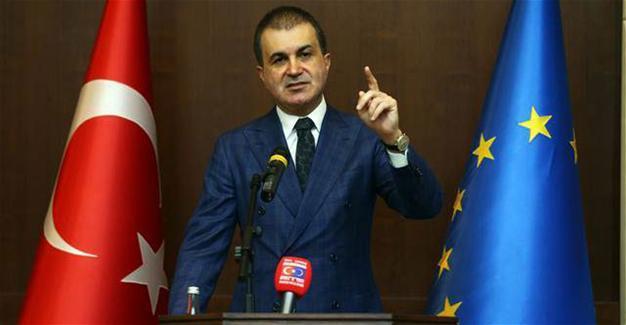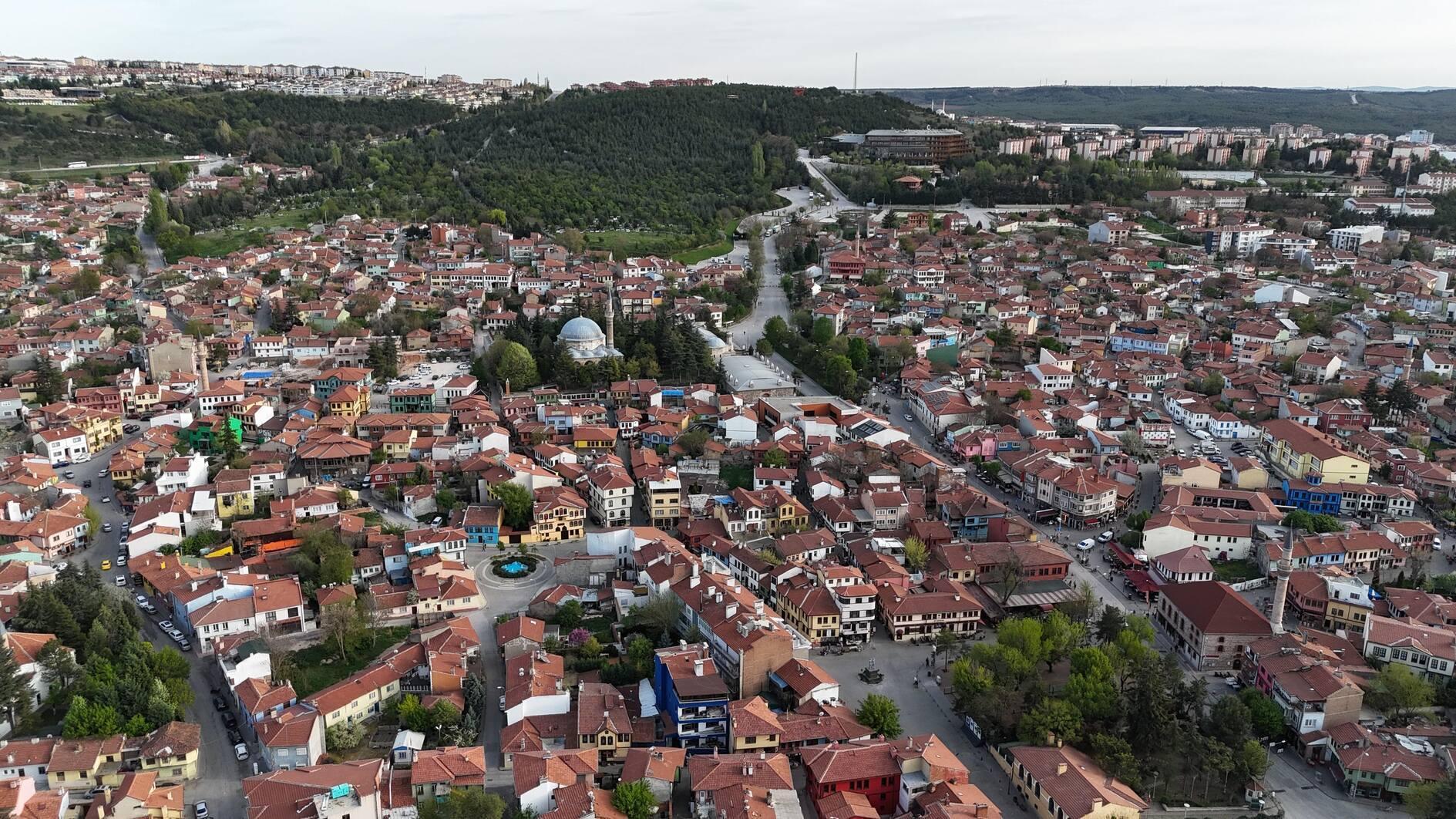Ankara hits out at EU’s PKK ‘double standards’
ANKARA
 A senior Turkish government official has urged the European Union to stop applying “double standards” over the outlawed Kurdistan Workers’ Party (PKK), likening the arrest of Peoples’ Democratic Party (HDP) lawmakers to verdicts issued by Spanish courts against Basque nationalists.
A senior Turkish government official has urged the European Union to stop applying “double standards” over the outlawed Kurdistan Workers’ Party (PKK), likening the arrest of Peoples’ Democratic Party (HDP) lawmakers to verdicts issued by Spanish courts against Basque nationalists.“The EU should be able to bring some order to the double standards applied by its different institutions against the PKK. The decision of a Belgian court that does not recognize the PKK as a terror organization is a direct attack on the European Convention of Human Rights,” Turkish EU Minister Ömer Çelik told reporters after a meeting with EU ambassadors on Nov. 7. “This decision is in violation of all international conventions. This is not acceptable.”
Çelik hosted EU envoys after Brussels and European capitals voiced concerns over the arrests of HDP MPs and writers from daily Cumhuriyet on terror charges.
EU envoys held an extraordinary meeting on Nov. 4 in Ankara upon the call of the EU’s high representative on foreign policy, Federica Mogherini.
Criticizing Mogherini for not similarly convening envoys immediately after the July 15 coup attempt, Çelik repeated his frustration at the absence of a strong message of solidarity from Brussels in the same way that Turkey ostensibly demonstrated to France after the Charlie Hebdo attack in January 2015.
In response to criticisms of the arrests of HDP MPs, Çelik recalled the Spanish judiciary’s verdicts in 2003 to close Batasuna that were later approved by the European Court of Human Rights. The Spanish Supreme Court described the attendance of a Batasuna lawmaker at the funeral of a member of Basque Homeland and Freedom (ETA) and a rally held by ETA as a move that threatened the democratic order of Spanish society, Çelik recalled.
“The arrest of a lawmaker cannot be a favorable thing in any part of the world. Lawmakers are elected to serve the people and to meet the needs of the society,” he said, while adding that no lawmaker serving the interests of a terror organization would be exempted from prosecution.
‘We need to build strong bonds’
Çelik underlined the need to establish strong bonds and a relationship between Turkey and the EU, describing Brussels’ tendency to issue criticisms on human rights, democracy and rule of law while accession talks are going nowhere as the “wrong policy.”
Deeming EU Commission President Jean-Claude Juncker as the head of an unsuccessful commission with a poor vision, Çelik said Juncker never sought to visit Ankara after the coup attempt.
‘FETÖ worse than Nazis’
Asked about Luxembourg Foreign Minister Jean Asselborn’s comparison of the Turkish government’s measures after July 15 to Nazi actions in the 1930s, Çelik said: “There is a lack of knowledge of history in this. The measures taken in Turkey do not look like the Nazis’ moves; on the contrary, they look like the measures taken in the fight against the Nazis after the Nazi period ended.”
Çelik also raised eyebrows after saying Nazis were like apprentices or “primary school students” in comparison to members of the Gülenist movement, which was a close government ally until the two groups fell out in a power struggle in 2013.
‘Talks should not be halted’
The minister also criticized those who called on the EU to suspend accession talks with Turkey, describing these groups as “racists” who are not friends of the EU. “As the EU minister, I don’t want Turkey-EU ties to be cut,” he said, adding that severing the ties would not be in the EU’s interest.
Talks with Turkey could be suspended if the country reinstates capital punishment as promoted by the president and the leader of the biggest far-right nationalist party.
Çelik said he would not be in favor of a suspension of talks even if capital punishment is reinstated. “But at the end of the day, it is the people that will decide on it.”
















